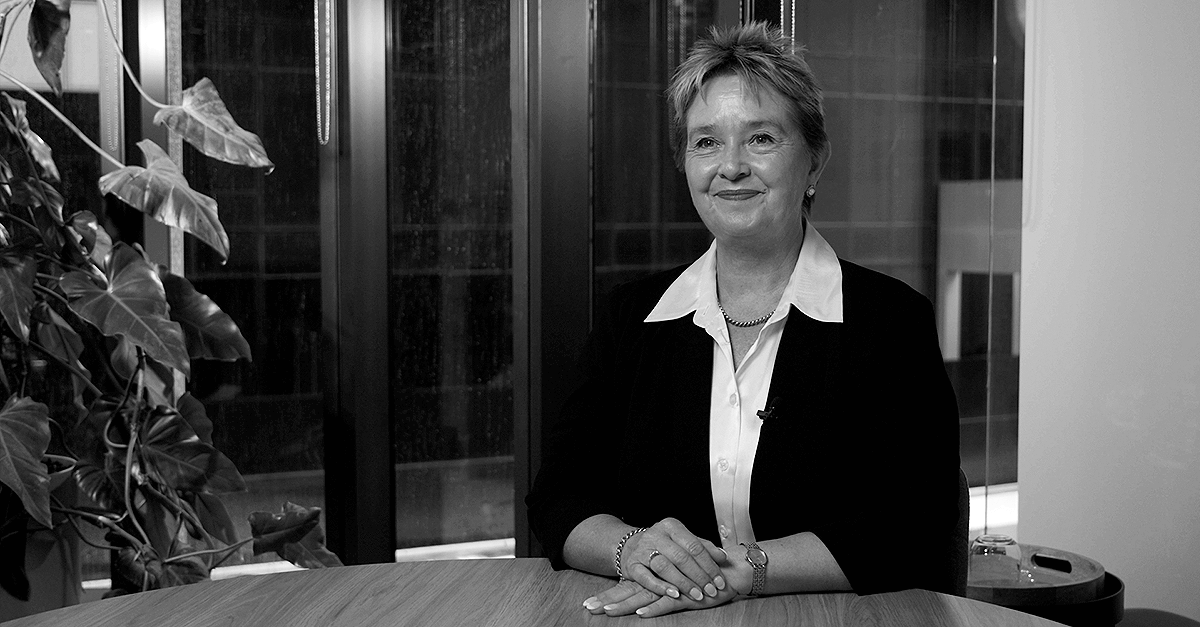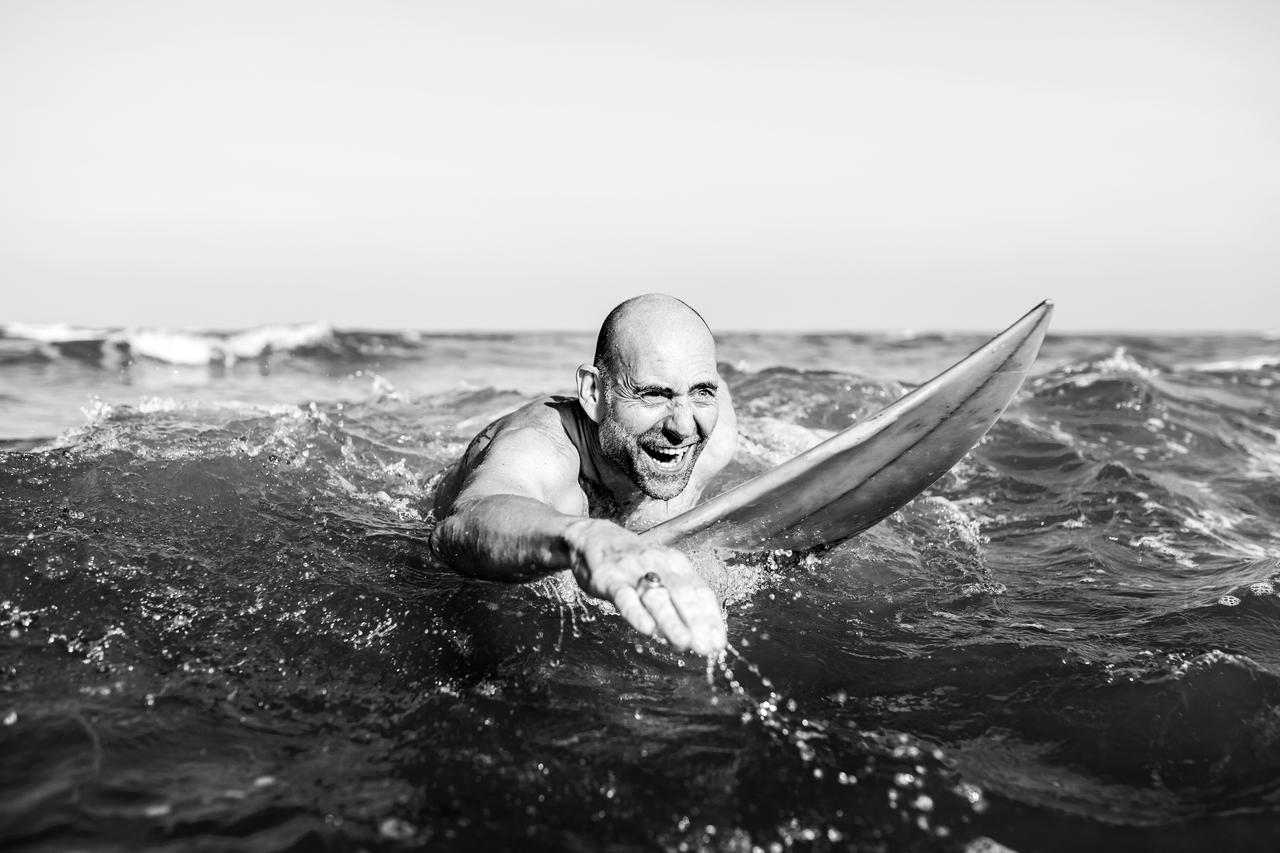We know super as well as you know law
Our members are primarily legal professionals who excel in a challenging field. They are united by their intellectual rigour, unwavering work ethic and dedication to the time-honoured values of the legal profession. In parallel, we apply similar expertise and knowledge to managing their superannuation. This commitment is the bedrock of our partnership and drives everything we do.
A valued partner for legal professionals

Strong long-term performance
Our diverse investment options are designed to deliver robust and steady returns. Our MySuper Balanced option achieved a solid 7.92% net annual return in the last financial year to 30 June 2023. This option outperformed the SuperRatings median super fund performance over the past ten years. *

Personalised support
Manage your super with ease using our MemberAccess portal and mobile app. All members can also access Client Service Managers who can help custom-fit super strategies to match any life stage.

Respected community connections
We partner with law societies and organisations to enhance members' and law students' professional growth and mental health. These actions underline our dedication to the legal community's welfare and continued development.

Tailored, flexible insurance
Choose from various cover options that adapt to life's milestones and career changes. A focus on financial security and a straightforward claims process ensure that your lifestyle and loved ones will always be protected.
*SuperRatings SR50 Index 30 June 2023. MySuper Balanced return to 30/06/2023, net of tax and all fees except the $1.30 Administration fee.

Spotlight on our members
"After switching from a larger fund where I felt overlooked, legalsuper's personalised approach was a breath of fresh air. I only wish I’d done it sooner."
– Gale, age 52

The best start to any super journey
We understand that navigating the world of super can be confusing and overwhelming. So, from day one, members can access the best tools, resources, and industry insights to help their super savings from the get-go.

Grow super your way
Some members want us in charge. Others are keen to take the drivers seat. Whatever their choice, members can access various strategies, products, and unique industry perspectives to make more informed decisions.

Plan for retirement with confidence
As you approach retirement, a solid super strategy is essential. We provide various products and investment approaches to keep investment goals on target. Our aim is to prepare you strategically for whatever's on your financial horizon.

In retirement, the perks continue
Retirement isn't the end. It's actually the beginning of something exceptional. So, no matter where life takes you next, you can be rest assured that our expert team, personalised support, and wealth of resources are always on hand to protect your financial future.

And the award goes to...us
Our commitment to service and product quality excellence has consistently earned us industry recognition. A notable recent achievement was the 2024 SuperRatings Best Default Insurance Offering award. This honour reflected our dedication to providing services that meet the specific needs of the legal community.
News & insights

Quarterly performance update: July to September 2023

2023/24 Federal Budget

Boost your super and claim a tax deduction

